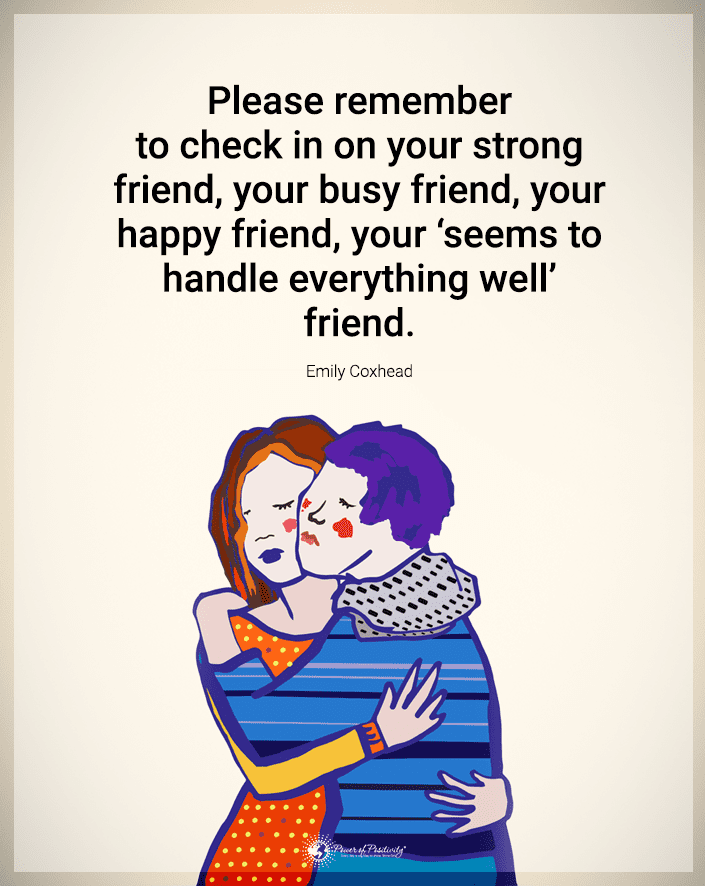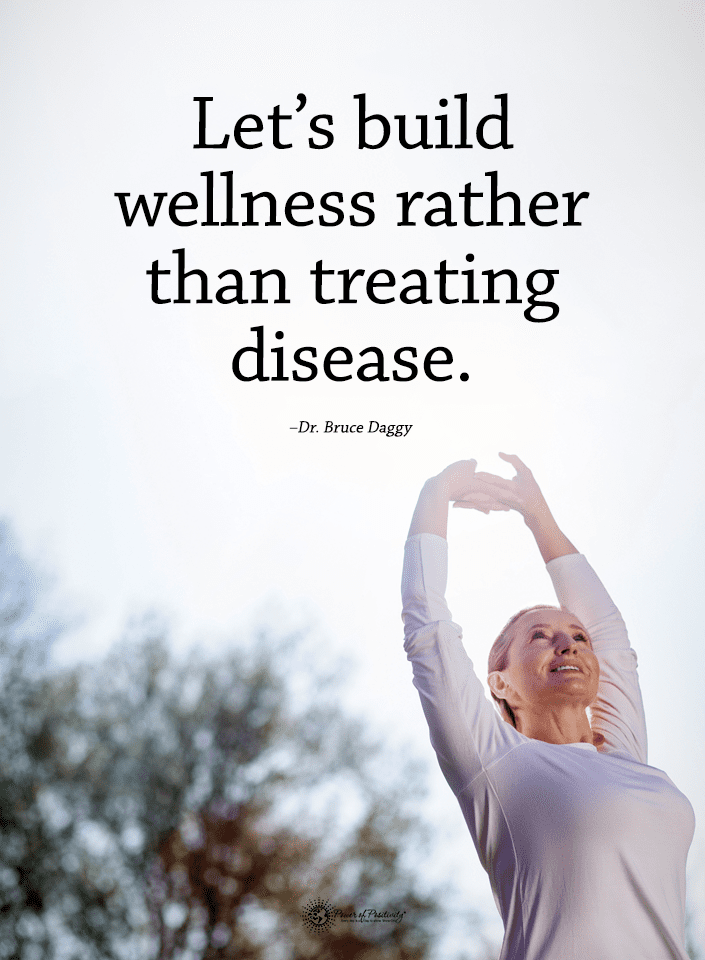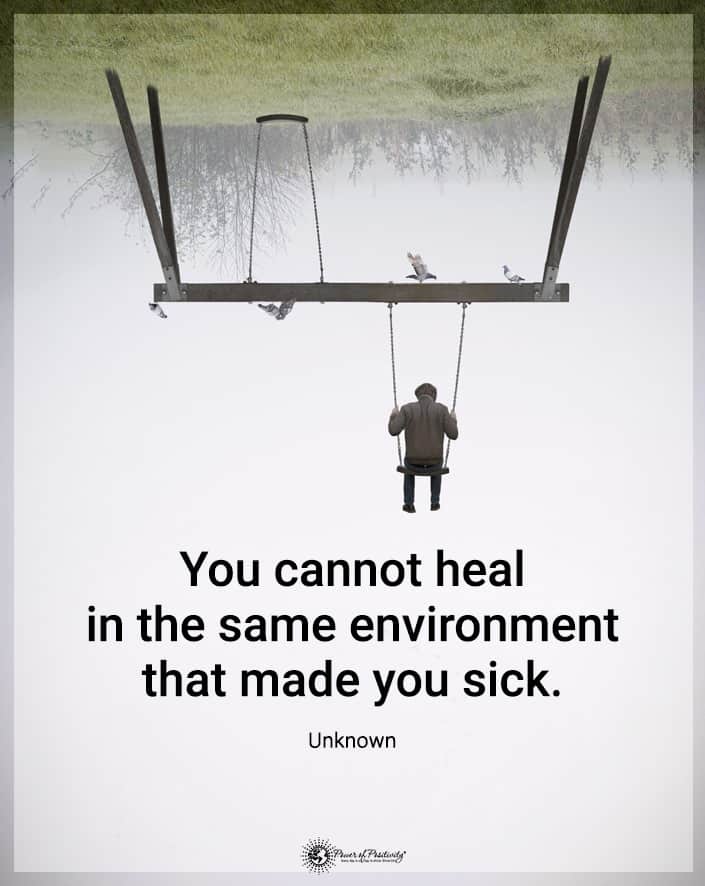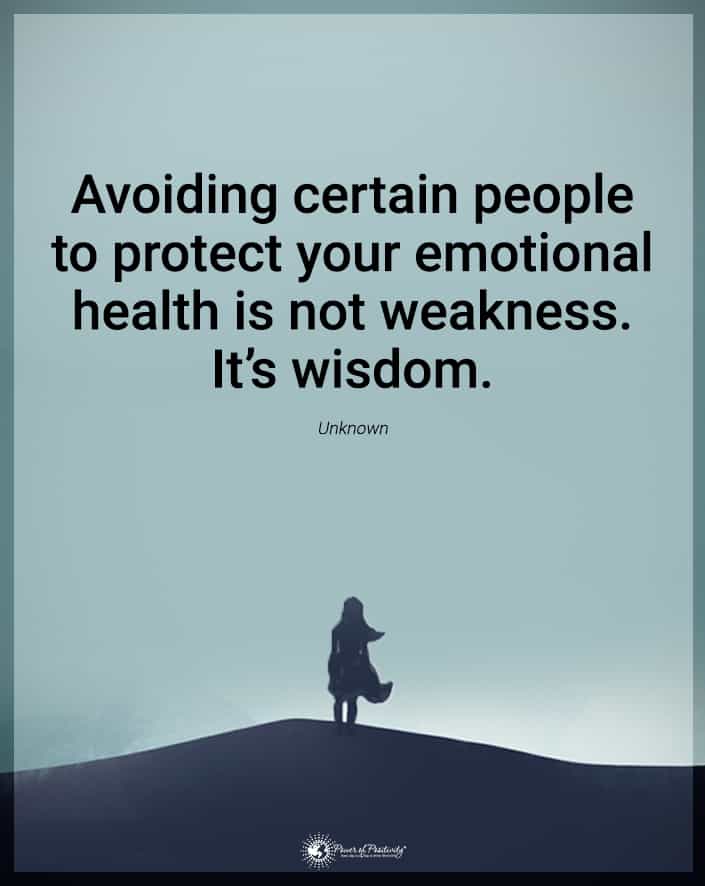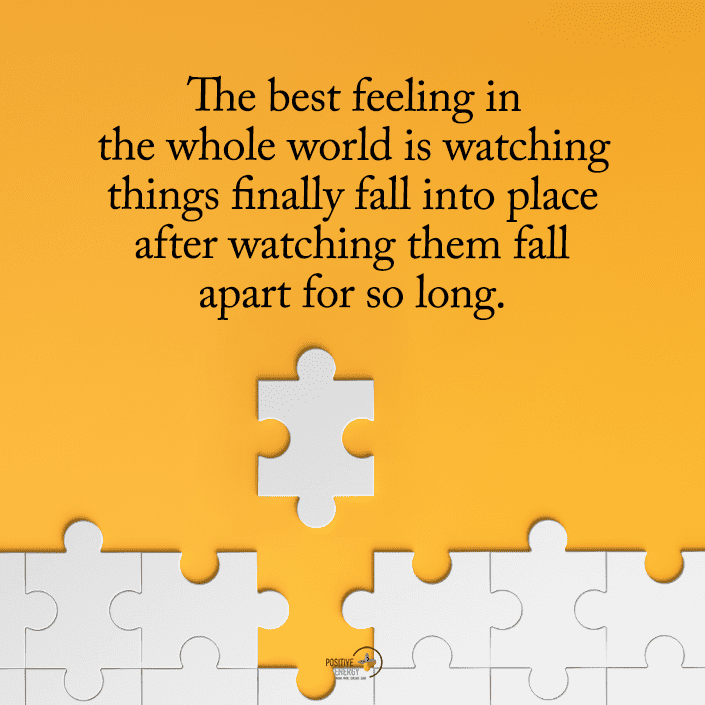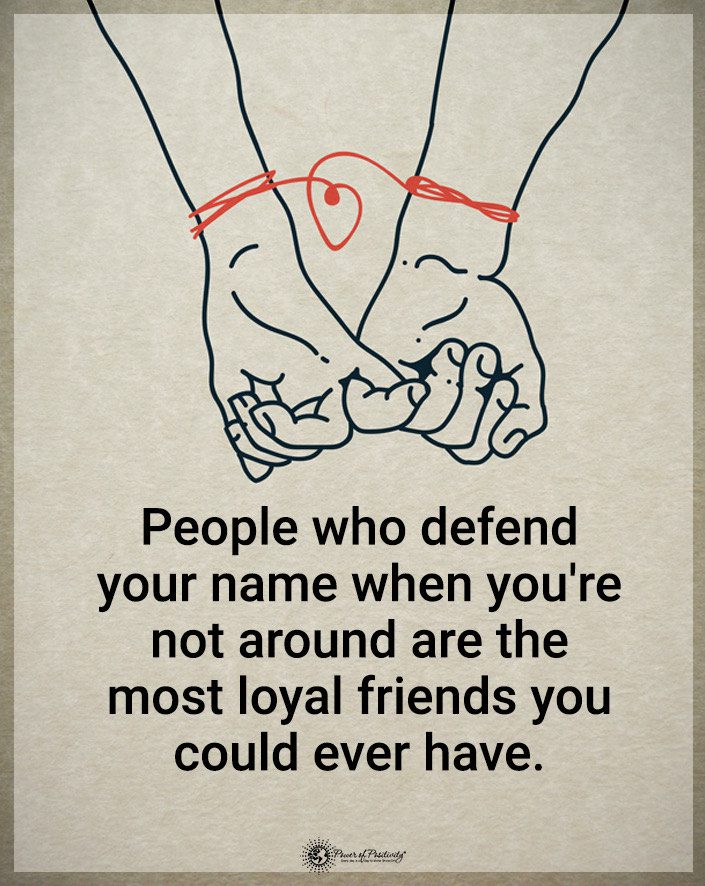Like it or not, as you age, you’ll have to undergo some changes, especially physical ones. Though this doesn’t happen to everyone, most of the population will struggle with midlife weight gain. Sure, there are some incredibly fit people out there who can counteract these changes. Still, everyone’s body is bound to go through some things related to hormone changes as they age.
Although many people go through midlife weight gain, the topic is still somewhat taboo. We still live in a society that believes healthy and skinny are more or less synonymous. Most people assume someone thin probably eats well and goes to the gym, even when that might be the case.
And they can’t believe that curvier people might be the ones with a healthy, active lifestyle. Still, a lot of internalized shame comes with having a little more weight. And gaining weight had always been seen as one of the worst imaginable. When someone gains weight, they’ve “let themselves go.” There are immediate negative connotations associated with the process. It shouldn’t even matter if you want to gain weight or not.
4 Causes of Midlife Weight Gain
No one should judge people based on how they look. Instead, what you need to focus on, especially as you get older, is how healthy you are. Gaining weight and being curvier aren’t bad things, but obesity is still a medical concern. Instead of focusing on your appearance, focus on how healthy you are. One of the best ways to do that is by understanding why you go through midlife weight gain in the first place.
1. Your Hormones Are Going Haywire
Hormonal imbalance occurs whenever you have too much or too little of a specific hormone. Most people will only experience temporary imbalances, though sometimes these imbalances are signs of endocrine disease. Depending on the glands and hormones affected, these diseases differ. In many cases, they are treatable and can be kept under control. And age is a factor that increases the likelihood of endocrine disease.
As you probably know, older people often have type 2 diabetes. But even if you never have to deal with a disease, you’ll always have to deal with imbalances. Common causes of hormonal weight gain are thyroid hormone deficiency, estrogen dominance, androgen imbalance, and cortisol excess. These are to name a few. In reality, most hormones can somehow affect your weight.
Men aren’t as likely to go through midlife weight gain because of hormonal imbalances. The main factor that could cause this weight gain would be high levels of stress, which leads to excess cortisol. As the body goes into fight or flight, it induces the production of fat cells and causes a declining metabolism. But this isn’t even exclusive to men. Women are just as affected by stress as men are.
In this case, they got the short straw, as their menopause will surely lead to severe hormonal imbalances. Oestradiol is an estrogen steroid hormone that plays a vital role in reproduction and developing secondary sexual characteristics. But it also helps regulate metabolism and weight gain. As a result of menopause, oestradiol levels decrease, often leading to weight gain. Though these hormonal imbalances are inevitable for both sexes, you can still manage your weight. Watching what you eat and being active will help you stay within a healthy range.
2. Your Metabolism Slows Down
This is disputed, with some experts claiming that your metabolism doesn’t slow down after forty. Instead, some argue that your metabolism stays the same from 20 to 60. Still, most research shows that metabolism slows down as you age. It seems that the basal metabolic rate decreases almost linearly as you age.
This seems to be the case because muscle mass decreases as a percentage of total body mass. As you age, your body undergoes atrophic skeletal muscle changes. That means your energy consumption as a result of physical activity is lower. Older people have a lower energy requirement. All this shows that you must adjust your lifestyle to fit your new metabolism.
Midlife weight gain usually occurs because people are unaware their metabolism is slower. They don’t understand they need to eat leaner foods and exercise more. While nutrition is important, it doesn’t precisely counterbalance the effects of slower metabolism. You avoid some of these issues by ensuring you keep your muscle mass. When you have a higher muscle mass, you burn more calories.
Thus, you can eat as you normally would without any consequences. You don’t need to worry about making drastic changes if you have a relatively healthy life. But a slower metabolism will do much damage if you’re already unhealthy. You’re doing fine as long as your weight is within the normal BMI. If you have a healthy lifestyle, the worst that will happen is you’ll gain a few pounds.
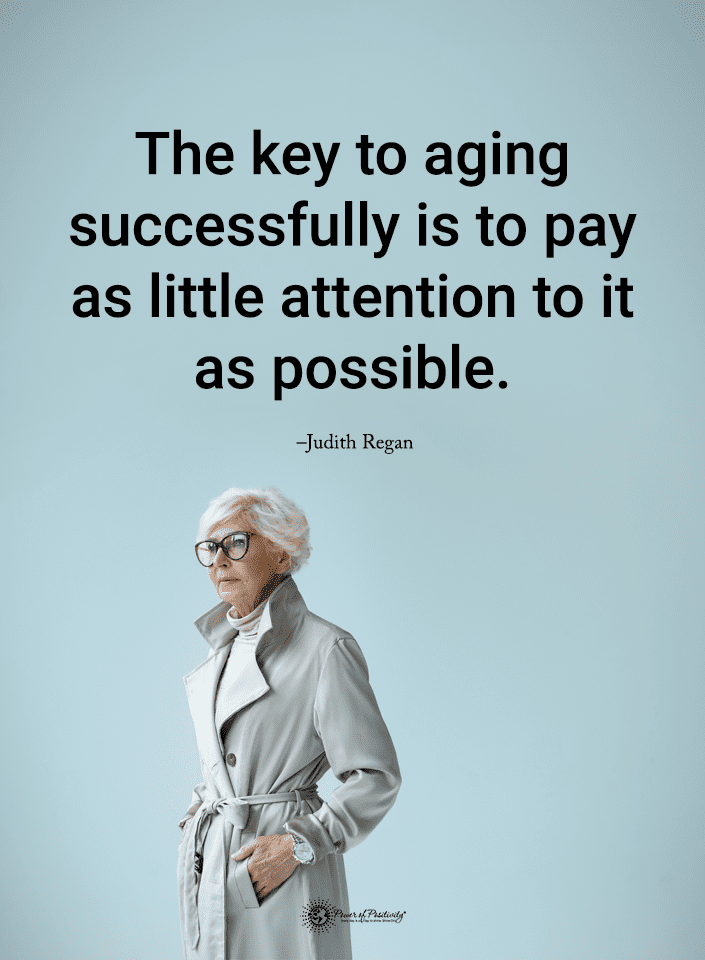
3. You Aren’t Watching What You Eat
People have always had a hard time understanding nutrition. And there’s a lot of confusing information floating around on the topic. For example, some people claim you’re healthy if you eat under 1500 calories. Calories were the most critical factor of nutrition for a long time. People wouldn’t eat pork because it had more calories than chicken.
Or they wouldn’t touch creamy cheeses and cream for the same reason. It has become more commonly known that few calories don’t mean healthy. Making sure your groceries are as natural as possible is much more critical. You need to understand what food groups the foods you eat belong to. It would be ideal for you to cut out fast food as much as possible. Don’t just focus on calories.
But the worst part is that people often don’t know what they eat or why. Especially older people, always in a rush, eat what they can. They always claim they never have the time to cook, so they constantly eat takeout. Even if they do cook, they only pay attention to the taste. They don’t care how much oil they use, what type of meat, or which sides they make. People seem to think that spending time on understanding food is a waste.
That’s why many people gain weight as they grow older. They eat the same foods they always ate but don’t understand how they interact with their new body. A more aging body will not digest fats and sugars as quickly, which shows. You won’t be able to eat as much junk food or sweets. You’ll need to learn to substitute your favorite foods for healthier alternatives.
Instead of eating ice cream, get some frozen yogurt. Also, make sure you take the time to meal-prep. If your meat is already cut and seasoned, and you have cooked sides, you need to reheat. You’ll never need to order again. The more aware you are of what you eat, the more you’ll avoid midlife weight gain.
4. You Don’t Exercise Enough
Exercise is necessary at all stages of someone’s life. Even when you get older, you still need to stay in shape. Still, many older people don’t do any physical activities other than those required daily. In America, over 27% of people over 50 reported no extra physical activity outside work. The statistics from the CDC show that being sedentary is a real issue in today’s society. And inactivity is one of the main reasons for midlife weight gain.
There are many reasons why people are inactive. One of the main ones seems to be the lack of time. This is understandable, as handling a job, family, partner, and other responsibilities is hard. But if people wanted to make time, they could. There’s this misconception that physical activity has to be extreme. You aren’t active if you don’t run ten miles or bench 200 pounds.
But an active person also finds fifteen minutes for a workout. If you want something quick to burn loads of calories, try High-Intensity Interval Training (HIIT). The activities can be modified to fit beginner, intermediate and advanced levels. They can be done in the morning or whenever you find a few spare minutes. But another issue is that people rely on technology to do everything for them. For example, we drive everywhere and get little to no steps in.
Walking is one of the best ways to ensure you stay in shape without doing another physical activity. But we don’t even walk anymore. For older people, this means that they burn very few calories in a day, and they don’t even use their muscles enough. Because of that, inactivity is one of the leading causes of midlife weight gain. But this weight gain can be controlled if you do at least some exercise daily. Even walking to work can be a step in the right direction.
Final Thoughts on the Four Key Causes of Midlife Weight Gain
Reaching midlife isn’t easy at all. You have many responsibilities, a career you need to advance, and a family to look after. People usually feel burnt out and wonder whether they are thrilled with their life. Coupled with that, your body also starts going through loads of changes. You might be experiencing hair loss. Your muscles get weaker. Your eyesight might be worsening.
On top of that, you’re probably experiencing midlife weight gain. While this is normal, you can take steps to keep your weight under control. Your hormones and metabolism are probably the things you are struggling with the most. Everyone, no matter how healthy, experiences changes in hormones. As for metabolism, that will slow down with age, regardless of your lifestyle.
Still, you can mitigate their effects by eating well and exercising. Most people don’t pay attention to their nutrition, so they’ll put on those extra pounds. By cooking more and eating leaner, you can already lose some pounds. You should also start exercising, even for just fifteen minutes per day. Taking care of your body is a requirement, especially as you age.

